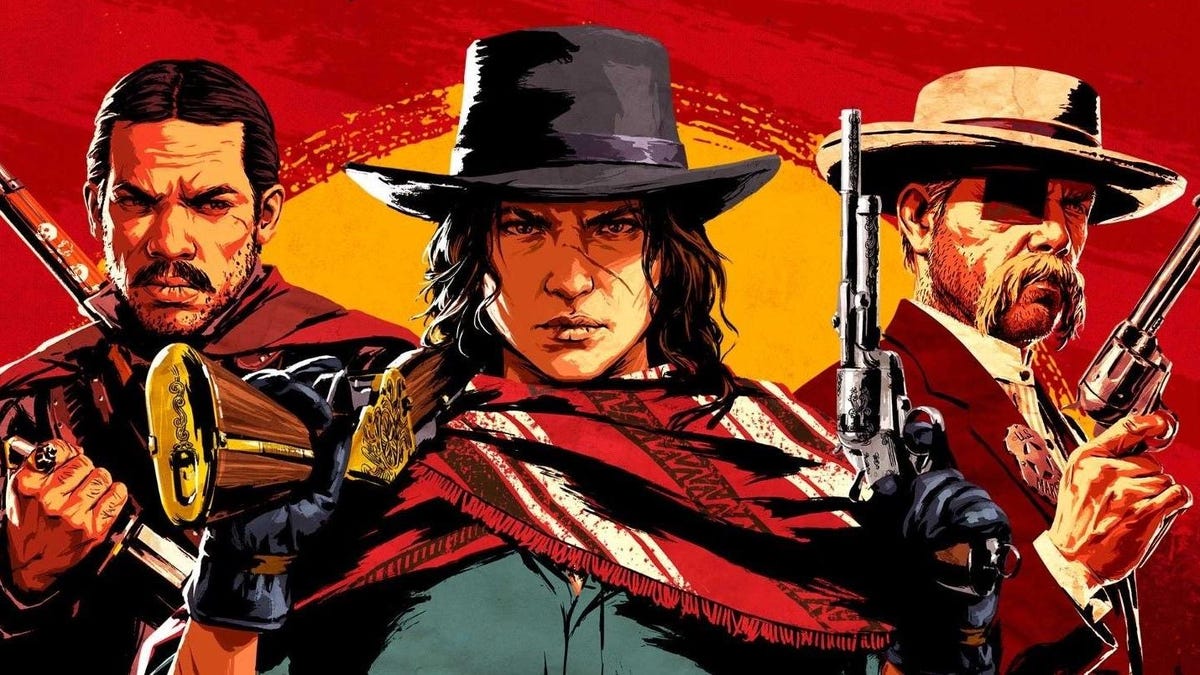Over the weekend a small controversy erupted in board game circles when rumours began circulating that Quackalope, one of the scene’s more popular YouTube review channels, had supposedly ‘blackmailed’ the publisher of a game they had been covering over a series of videos.
Things blew up so quickly that the publisher in question, Into The Unknown, not only felt compelled to issue a statement, but included their correspondence with Quackalope’s Jesse Anderson in full along with it, just so everyone was in possession of the entire conversation.
The emails, which you can read below, detail a months-long negotiation between the two over Anderson’s proposed payment for a series of videos covering (read: promoting) Into The Unknown’s new game Aeon Trespass. Basically, Anderson tells Into The Unknown that he has already gone and recorded a ton of footage of the game, but has had trouble with the rules and would like to shoot new clips. With someone from Into The Unknown there to help. And be paid $7500 for it, or he’ll just release the old videos.
Besides the questionable approach taken by Anderson—it’s also strange they played so much without contacting the company first, and that a team of professionals struggled so much with the rules—the main thing the emails help illustrate is something even more worthy of discussion: the ease with which board game creators and publishers are able to shape coverage of their games, which is a widespread practice in the industry. I’m sorry in advance, there’s about to be a lot of text to get through here, but it’s important to see the correspondence in its entirety to fully understand what’s going on here, starting with an email from Quackalope’s Jesse Anderson:
Next is a reply two weeks later from Into the Unknown’s Marcin Wełnicki:
Here is Jesse’s reply to that email:
Marcin’s reply:
Jesse’s reply:
Now replying on March 31, 2023 is Into the Unknown’s Bartek Odorowicz:
To which Jesse replies, saying that they’re just going to go and publish the pre-existing material anyway:
The final email released was sent on April 14, again by Bartek, who says:
Accompanying the release of the emails was a statement released by Wełnicki, in which he summarises their discussions then wonders at the end what these kind of offers and relationship would mean for a smaller, more vulnerable games studio. It’s a long read, but it’s got a lot to talk about, since it covers not only the emails between the two parties but also how they relate to the wider board game creator economy as well:
Anderson has also issued a statement, and adds he will address the situation in full during a stream on June 12:
Like I said, I don’t see anything specifically incriminating here, even if the circumstances surrouding this conversation in particular are extreme (which is why they’ve been released for everyone to see). What I do see, however, is even more interesting: not just the finer details of sponsored content, like prices (which in this case appears higher than usual) and scope, but the fact that everyone is just so open and cool with it.
Let’s be clear: there is no way to remain objective about a game if you’re being paid by the people who make it. You can try and say that you are—like Anderson does here, when he says “we charge for our time, never our opinion”—but you’re entirely compromised the second you accept that money, as Anderson also says when he writes “Our audience is your marketplace”. If you’re covering a game and getting directly paid for it, you’re not “creating content”, you’re making an ad. Even if it’s just an unboxing or a playthrough, that’s an ad.
My problem here isn’t that this proposed arrangement is somehow revelatory. This is common practice in board games media, and has been widely known, even by fans, for some time. My issue here, and what I think is worth talking about given the publication of such precise dollar values and pitches, is the question of who, exactly, does this kind of content serve? What are viewers and fans actually getting out of something like this?
I get that board games and video games aren’t like-for-like industries, let alone mediums, and so my frustrations here might just come from the fact I’m one of the few people who work astride both. Another problem might be that content creators more interested in hype and community are just a part of the critical landscape of video game coverage, whereas when it comes to board games they’re overwhelmingly the most popular and prominent voices (with some rare exceptions, like the excellent Dicebreaker and community behemoth BGG).
This sucks! I think board games, and their players, deserve better! Crews like Shut Up & Sit Down, who are mostly funded by their Patreon, should be the rule, not the exception. I don’t buy arguments like “well who else is going to pay us if not publishers”—the most common defence in these situations, since popular board game channels number in the tens of thousands of subscribers, not millions—I think anyone who is passing any kind of supposedly independent coverage onto an audience has a responsibility to be doing so without it being labelled advertorial.
That doesn’t even need to extend to reviews, because if you start accepting money directly from publishers, how is your audience supposed to know where the buck quite literally stops? Even if a channel is clearly marking which content is directly sponsored and which isn’t, if they’re in the practice of taking money directly from—and even working alongside—board game publishers, then they are compromised, no matter how nice and honest their videos may be.
And they are nice, and that’s what perhaps sucks the most about this! I know board game YouTubers, I watch board game YouTubers, and they are almost to a fault some of the sweetest, most likeable people on the platform. There is nothing malicious in their actions, nobody is actively trying to deceive anyone, the vast majority of channels are doing what they love and doing things by the book.
But that doesn’t change the end result. Years of coziness between publishers and the people filming their games has resulted in a community where the lines between advertising and coverage have become so blurred that email exchanges like the one above can take place, include the words “the coverage should be strictly positive” and nobody thought it was a bad idea putting that out in the public record.

